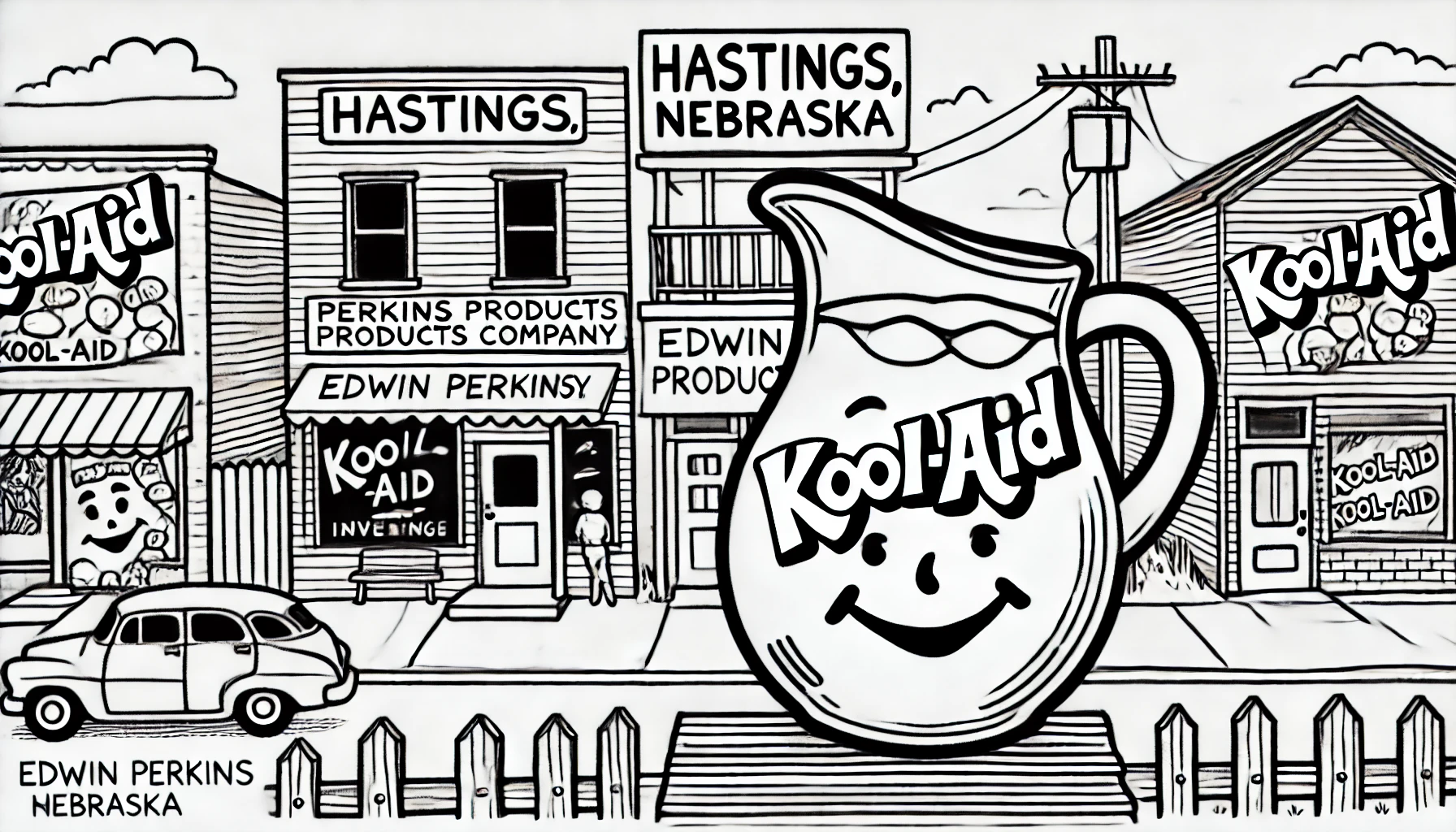Organic Farming Techniques in Nebraska

As we travel through Nebraska, we can observe the diverse agricultural landscape of the state, with a significant portion dedicated to organic farming. Organic farming techniques are methods used to produce food and other agricultural products without the use of synthetic fertilizers, pesticides, and genetically modified organisms (GMOs). These techniques are beneficial not only to the environment but also to the consumers who choose to eat organic produce. In Nebraska, many farmers have adopted organic farming methods, and their techniques are influenced by the state's unique soil and climate conditions.
One of the key techniques used in organic farming in Nebraska is crop rotation. Crop rotation is a method where different crops are planted in a specific sequence on the same land to improve soil fertility and reduce pests and diseases. For example, at Soil Health Farm near Alma, Nebraska, farmers use a rotation system of planting corn, soybeans, and alfalfa to maintain soil health. This rotation system helps to replenish the soil nutrients and reduce soil erosion. Another example is the organic farm of Atkinson, which uses a rotation system of planting wheat, oats, and barley to maintain soil fertility and reduce pests.
In addition to crop rotation, organic farmers in Nebraska also use cover cropping as a technique to maintain soil health. Cover cropping is a method where crops are planted between cash crops to protect the soil and provide habitat for beneficial insects. At the University of Nebraska-Lincoln's (UNL) Rogers Memorial Farm near Lincoln, researchers are experimenting with cover cropping techniques to evaluate their effectiveness in reducing soil erosion and improving soil health. The farm is testing different cover crop species, such as rye and clover, to determine their benefits and drawbacks.
Another important technique used in organic farming in Nebraska is integrated pest management (IPM). IPM is a holistic approach to managing pests that involves using a combination of techniques, such as crop rotation, cover cropping, and biological control methods. For example, at the organic farm of Common Good Farm near Raymond, Nebraska, farmers use IPM techniques to manage pests such as corn borers and soybean aphids. The farm uses beneficial insects, such as lady beetles, to control pests and reduce the need for pesticides.
Nebraska's organic farmers also use composting as a technique to maintain soil fertility. Composting is a method where organic materials, such as crop residues and animal waste, are decomposed to create a nutrient-rich soil amendment. At the UNL's Dickinson Family Farm near Grand Island, researchers are experimenting with composting techniques to evaluate their effectiveness in improving soil health. The farm is testing different composting methods, such as vermicomposting (using worms to break down organic matter) and aerobic composting, to determine their benefits and drawbacks.
Furthermore, some Nebraska farmers are also experimenting with biodynamic farming techniques, which use spiritual and philosophical principles to guide farming practices. Biodynamic farming involves planting and harvesting crops according to lunar cycles and using special preparations made from animal manure and herbs to stimulate soil fertility and plant growth. For example, at the organic farm of Carlsbad Farm near Alliance, Nebraska, farmers use biodynamic farming techniques to produce organic livestock and crop products.
Overall, organic farming techniques used in Nebraska are essential for maintaining soil health, reducing pests and diseases, and producing high-quality organic produce. By adopting these techniques, farmers in Nebraska are not only benefiting the environment but also contributing to the state's agricultural economy.
As we continue to travel through Nebraska, we see the positive impact of organic farming techniques on the state's agricultural landscape. By understanding these techniques, we can appreciate the importance of organic farming in maintaining soil health, reducing environmental pollution, and promoting sustainable agriculture.
One of the key techniques used in organic farming in Nebraska is crop rotation. Crop rotation is a method where different crops are planted in a specific sequence on the same land to improve soil fertility and reduce pests and diseases. For example, at Soil Health Farm near Alma, Nebraska, farmers use a rotation system of planting corn, soybeans, and alfalfa to maintain soil health. This rotation system helps to replenish the soil nutrients and reduce soil erosion. Another example is the organic farm of Atkinson, which uses a rotation system of planting wheat, oats, and barley to maintain soil fertility and reduce pests.
In addition to crop rotation, organic farmers in Nebraska also use cover cropping as a technique to maintain soil health. Cover cropping is a method where crops are planted between cash crops to protect the soil and provide habitat for beneficial insects. At the University of Nebraska-Lincoln's (UNL) Rogers Memorial Farm near Lincoln, researchers are experimenting with cover cropping techniques to evaluate their effectiveness in reducing soil erosion and improving soil health. The farm is testing different cover crop species, such as rye and clover, to determine their benefits and drawbacks.
Another important technique used in organic farming in Nebraska is integrated pest management (IPM). IPM is a holistic approach to managing pests that involves using a combination of techniques, such as crop rotation, cover cropping, and biological control methods. For example, at the organic farm of Common Good Farm near Raymond, Nebraska, farmers use IPM techniques to manage pests such as corn borers and soybean aphids. The farm uses beneficial insects, such as lady beetles, to control pests and reduce the need for pesticides.
Nebraska's organic farmers also use composting as a technique to maintain soil fertility. Composting is a method where organic materials, such as crop residues and animal waste, are decomposed to create a nutrient-rich soil amendment. At the UNL's Dickinson Family Farm near Grand Island, researchers are experimenting with composting techniques to evaluate their effectiveness in improving soil health. The farm is testing different composting methods, such as vermicomposting (using worms to break down organic matter) and aerobic composting, to determine their benefits and drawbacks.
Furthermore, some Nebraska farmers are also experimenting with biodynamic farming techniques, which use spiritual and philosophical principles to guide farming practices. Biodynamic farming involves planting and harvesting crops according to lunar cycles and using special preparations made from animal manure and herbs to stimulate soil fertility and plant growth. For example, at the organic farm of Carlsbad Farm near Alliance, Nebraska, farmers use biodynamic farming techniques to produce organic livestock and crop products.
Overall, organic farming techniques used in Nebraska are essential for maintaining soil health, reducing pests and diseases, and producing high-quality organic produce. By adopting these techniques, farmers in Nebraska are not only benefiting the environment but also contributing to the state's agricultural economy.
As we continue to travel through Nebraska, we see the positive impact of organic farming techniques on the state's agricultural landscape. By understanding these techniques, we can appreciate the importance of organic farming in maintaining soil health, reducing environmental pollution, and promoting sustainable agriculture.
